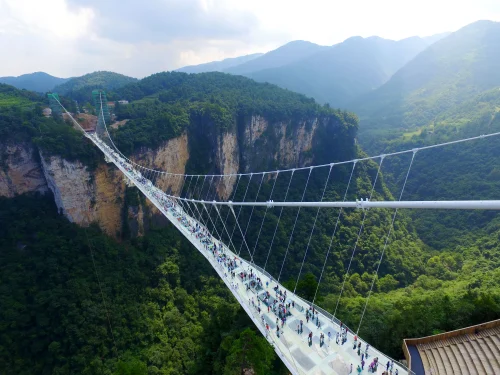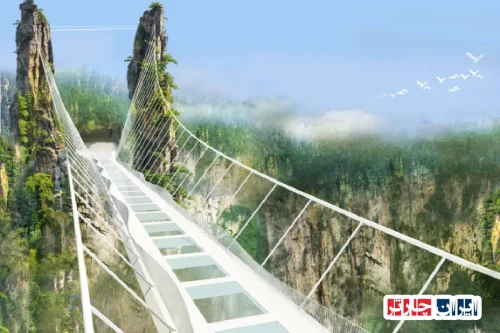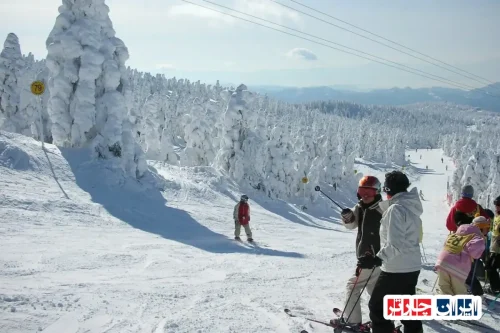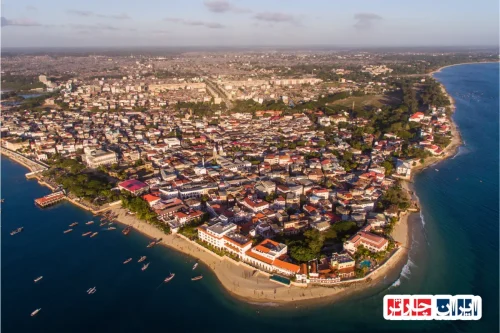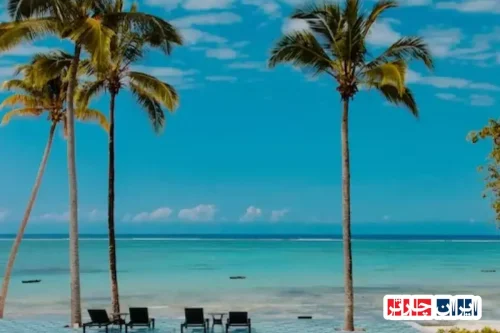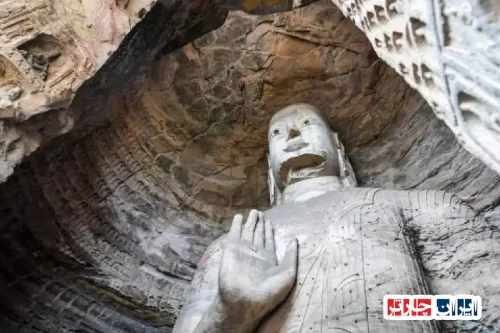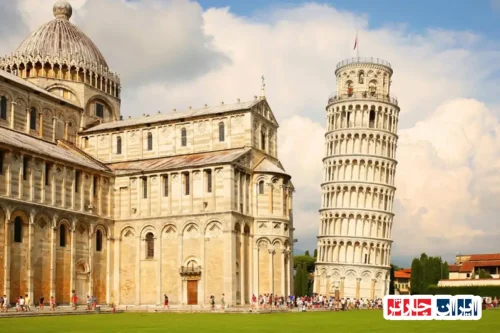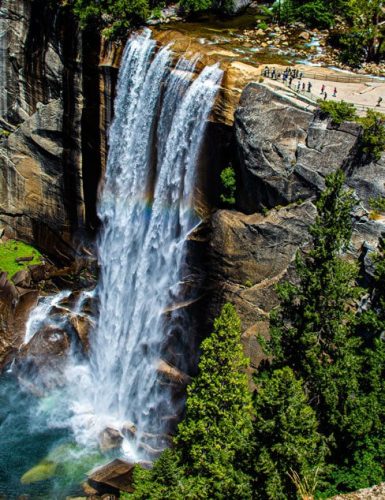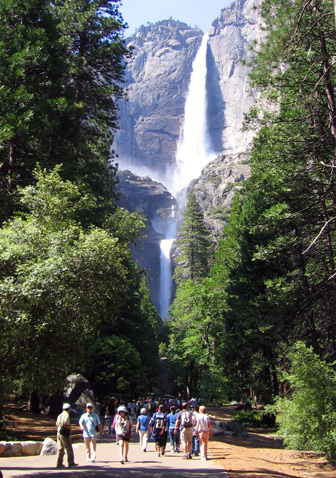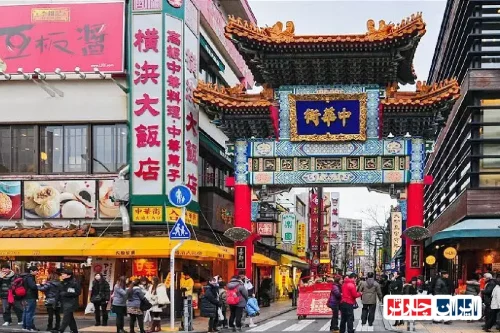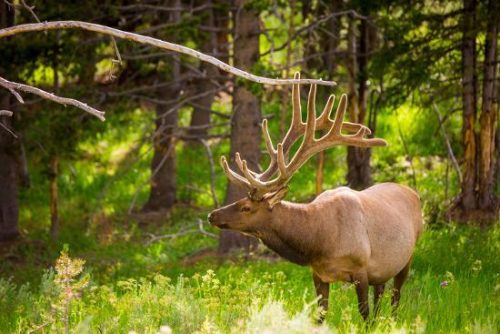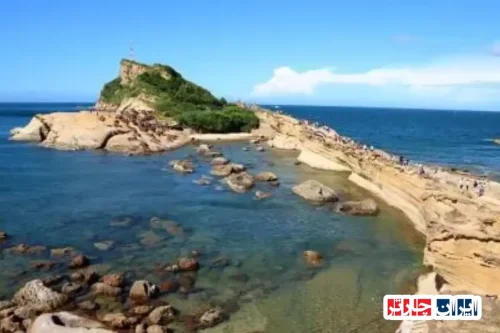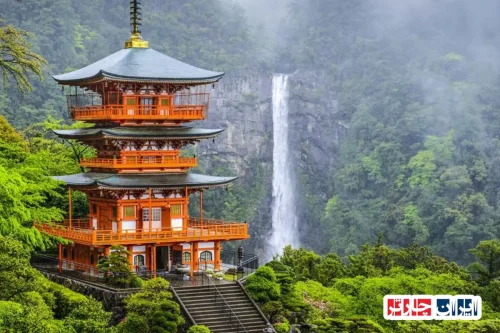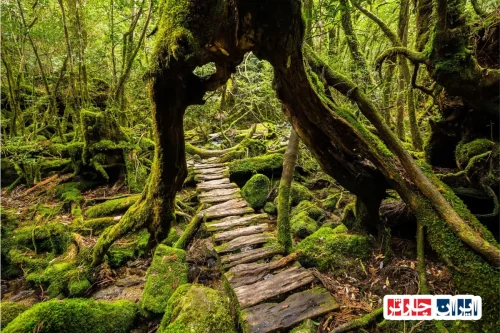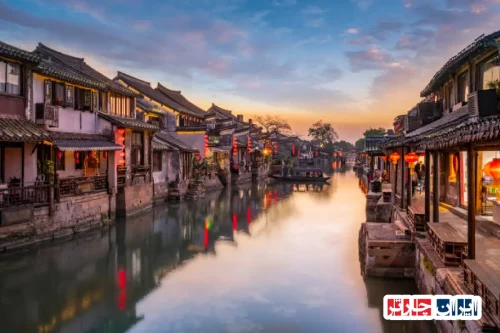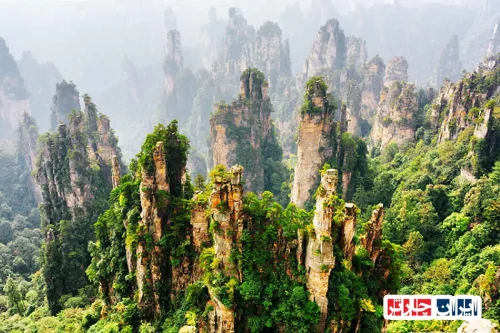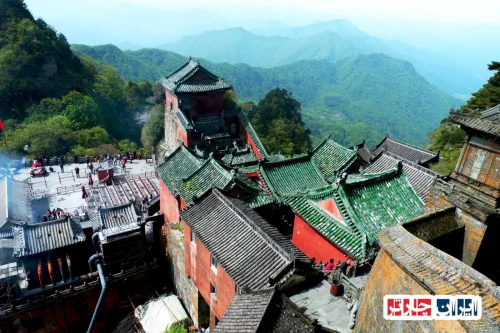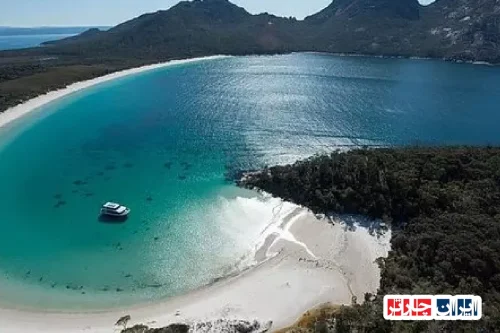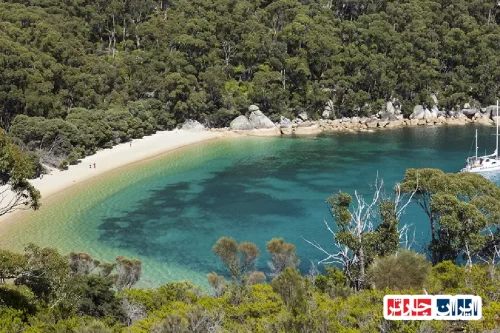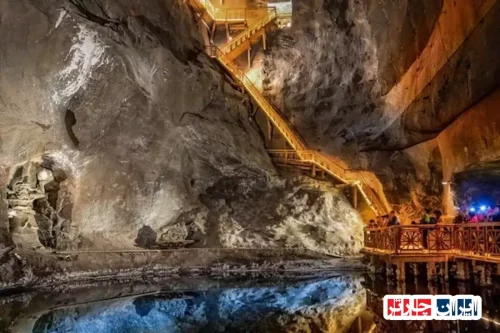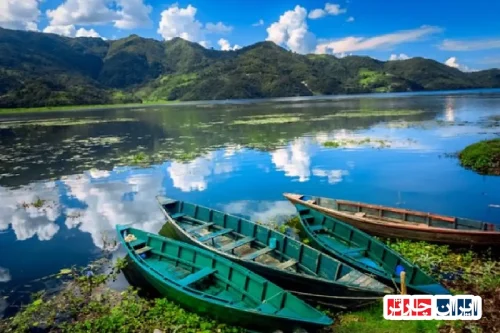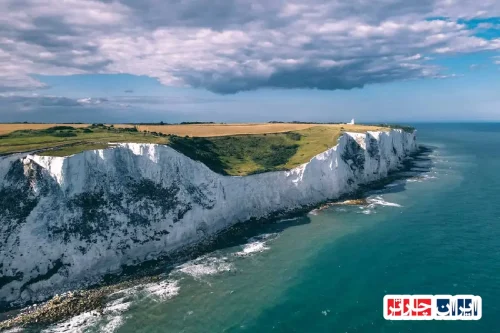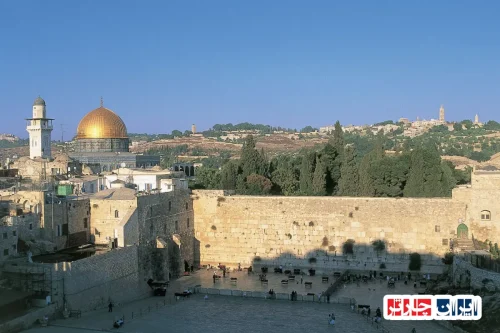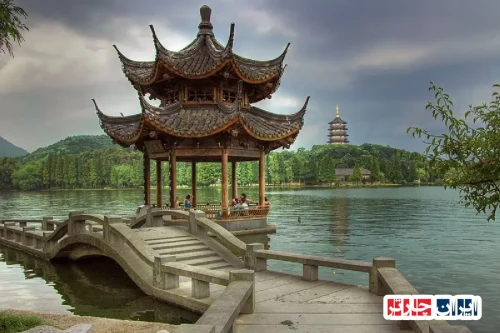Discover the Stunning Beauty of Lugu Lake in Yunnan and Sichuan Provinces, China
Experience the breathtaking scenery of Lugu Lake-Yunnan/Sichuan Provinces China, a natural wonder nestled amidst the majestic mountains of southwestern China. This pristine lake, renowned for its crystal-clear waters and picturesque landscapes, offers visitors an unforgettable journey into the heart of China’s diverse natural beauty. Surrounded by traditional villages and lush forests, Lugu Lake provides a unique blend of natural serenity and cultural richness, making it a must-visit destination for travelers seeking authentic experiences in Yunnan and Sichuan provinces. Whether you’re exploring the tranquil shores, engaging with local communities, or capturing stunning photographs, the allure of Lugu Lake in Yunnan and Sichuan provinces remains unmatched, symbolizing the harmonious coexistence of nature and culture in China.
Comprehensive Overview of Lugu Lake in Yunnan and Sichuan Provinces, China
Lugu Lake, one of China’s most stunning natural wonders, is situated in the high-altitude regions of Yunnan and Sichuan provinces. Known for its pristine waters and breathtaking scenery, this lake attracts travelers from around the world seeking tranquility and natural beauty. The lake’s crystal-clear waters reflect the surrounding mountains and lush forests, creating a picturesque landscape that embodies the essence of China’s diverse ecosystems. Visitors can enjoy a variety of activities such as boat rides, hiking, and exploring local villages, making Lugu Lake a must-visit destination in China’s southwestern provinces.
Located at an elevation of over 2,700 meters, Lugu Lake offers a unique climate and ecological environment. The region is home to traditional ethnic communities, including the Mosuo people, whose rich cultural heritage adds depth to the scenic experience. The combination of natural splendor and cultural richness makes Lugu Lake a perfect spot for eco-tourism and cultural exploration, providing insights into indigenous lifestyles and traditional practices preserved over centuries.
With well-developed infrastructure and hospitality services, Lugu Lake in Yunnan and Sichuan provinces caters to a wide range of tourists. From luxury resorts to rustic guesthouses, accommodations are designed to blend seamlessly with the natural surroundings. The lake’s accessibility from major cities like Kunming and Chengdu makes it an ideal destination for short getaways or extended stays, ensuring visitors can fully immerse themselves in the serene environment of this natural marvel.
Natural and Geological Secrets Behind Lugu Lake in Yunnan and Sichuan
The formation of Lugu Lake is rooted in complex geological processes that span millions of years. The region’s tectonic activity, including fault lines and volcanic activity, has shaped the basin that now holds the lake. Rainfall and inflowing rivers continuously feed the lake, maintaining its clarity and ecological balance. The surrounding mountains and valleys contribute to the lake’s unique hydrological features, making it a vital part of the local watershed.
The lake is encircled by diverse flora and fauna, with lush forests and wetlands supporting a variety of species. The area is a sanctuary for endemic wildlife, including rare bird species and aquatic life that thrive in its clean waters. The presence of small islands and natural peninsulas enhances the scenic beauty, offering visitors panoramic views and opportunities for exploration. These geological and ecological features collectively reveal the ancient natural history of the region, making Lugu Lake a living geological museum.
Understanding the natural secrets of Lugu Lake provides insight into the region’s environmental importance and highlights the need for conservation efforts to preserve its fragile ecosystem for future generations.
Climate and Seasonal Changes in the Crystal Waters of Lugu Lake in Yunnan and Sichuan
The climate of the Lugu Lake region varies significantly across seasons, influencing its appearance and ecological dynamics. During winter, temperatures drop sharply, and the lake surface often freezes, creating a stunning winter landscape. Spring and summer bring increased rainfall, which enhances water levels and clarity, resulting in vibrant green and blue hues that captivate visitors. The changing seasons offer diverse visual experiences, from misty mornings to sun-drenched afternoons.
In summer, the lake’s waters become more lively and inviting, with warmer temperatures encouraging aquatic activities. Autumn introduces a palette of fiery reds, oranges, and yellows as surrounding foliage changes color, providing a picturesque backdrop for photography and sightseeing. These seasonal variations not only enrich the visual appeal but also support different ecological processes, making Lugu Lake a dynamic natural environment throughout the year.
Travelers are encouraged to visit during different seasons to experience the lake’s multifaceted beauty, whether it’s the serene winter ice, lush summer greenery, or colorful autumn foliage, each offering a unique perspective of this natural wonder.
Myths and Legends Surrounding Lugu Lake in Yunnan and Sichuan
Lugu Lake is steeped in local legends and folklore that have been passed down through generations. One of the most famous stories involves the spirit of the lake, believed to be the guardian of the region’s natural beauty. According to legend, the lake was formed when a goddess descended from the heavens to bless the land, and her tears created the pristine waters that still shimmer today.
Other tales speak of love stories and mystical beings that inhabit the lake, symbolizing purity and harmony. These legends are deeply woven into the cultural fabric of local communities, especially the Mosuo people, whose traditions are intertwined with the lake’s mythic history. Such stories enhance the spiritual significance of Lugu Lake and attract visitors interested in exploring China’s rich mythological heritage.
These legends also play a vital role in preserving the cultural identity of the region, inspiring local festivals, rituals, and artistic expressions that celebrate the lake’s mystical origins and cultural importance.
Wildlife and Unique Species in the Surrounding Ecosystem of Lugu Lake in Yunnan and Sichuan
The ecological diversity around Lugu Lake is remarkable, supporting numerous endemic and migratory species. The surrounding forests are home to various bird species, including herons, kingfishers, and migratory waterfowl that visit seasonally. The lake itself hosts a variety of freshwater fish, some of which are unique to the region and play a crucial role in local fisheries.
Mammals such as foxes, small wildcats, and deer inhabit the forested areas, maintaining ecological balance. The wetlands and aquatic vegetation provide breeding grounds for many species, making the area a vital habitat for biodiversity conservation. Protecting this rich ecosystem is essential for maintaining the health of the lake and its surroundings, which are considered ecological treasures of China.
The presence of rare and protected species underscores the importance of sustainable tourism and conservation initiatives to ensure that future generations can enjoy the natural beauty and biological richness of Lugu Lake’s environment.
Indigenous Communities and Cultural Heritage of the Mosuo People near Lugu Lake
The Mosuo community, often called the “Kingdom of Women,” has inhabited the regions around Lugu Lake for centuries. Their matriarchal social structure, unique customs, and vibrant festivals make their culture a significant attraction for visitors. Traditional dress, music, and dance are integral parts of their daily life, reflecting a deep connection to nature and spirituality.
Their customs include distinctive marriage practices, such as “walking marriages,” where women maintain independence and relationships are based on mutual consent without formal ceremonies. This social organization has garnered international interest and admiration for its progressive approach to gender roles.
Efforts are underway to preserve and promote Mosuo culture through cultural tourism, local crafts, and community-based initiatives. Visitors to Lugu Lake can engage with the community, learn about their traditions, and contribute to the sustainable development of this unique cultural heritage.
Historical Significance and the Role of Lugu Lake in China’s Cultural Evolution
Throughout history, Lugu Lake has served as a vital hub for trade, cultural exchange, and spiritual practices. Archaeological findings suggest that the region has been inhabited for thousands of years, with ancient relics and traditional architecture revealing its historical importance. The lake’s strategic location facilitated interactions among various ethnic groups, shaping the diverse cultural landscape seen today.
In different dynasties, the area around Lugu Lake was recognized for its spiritual significance, hosting temples and sacred sites. The stories and legends associated with the lake have influenced Chinese literature, art, and folklore, emphasizing its role in shaping regional identity.
Today, Lugu Lake continues to be a symbol of cultural resilience and historical continuity, attracting scholars, historians, and tourists eager to explore its rich past and enduring legacy.
Travel Tips and Best Seasons for Visiting Lugu Lake in Yunnan and Sichuan
For an optimal experience, plan your visit during spring and autumn when the weather is mild and the scenery is at its most vibrant. Spring offers blooming flowers and lush greenery, while autumn showcases colorful foliage that enhances the lake’s picturesque views. Summer is ideal for water activities, with warm temperatures and lively landscapes.
Winter visits can be magical, with the lake partially frozen and snow-capped mountains providing a stunning backdrop. However, accessibility may be limited due to weather conditions, so check local travel advisories before planning your trip. The best way to reach Lugu Lake is via guided tours or private transportation from nearby cities like Kunming or Chengdu, which offer scenic routes through mountainous terrains.
Accommodations range from luxury resorts to traditional guesthouses, allowing travelers to choose comfort levels that suit their preferences. Remember to pack appropriate clothing for varying weather conditions and respect local customs to ensure a respectful and memorable visit to this natural and cultural treasure.
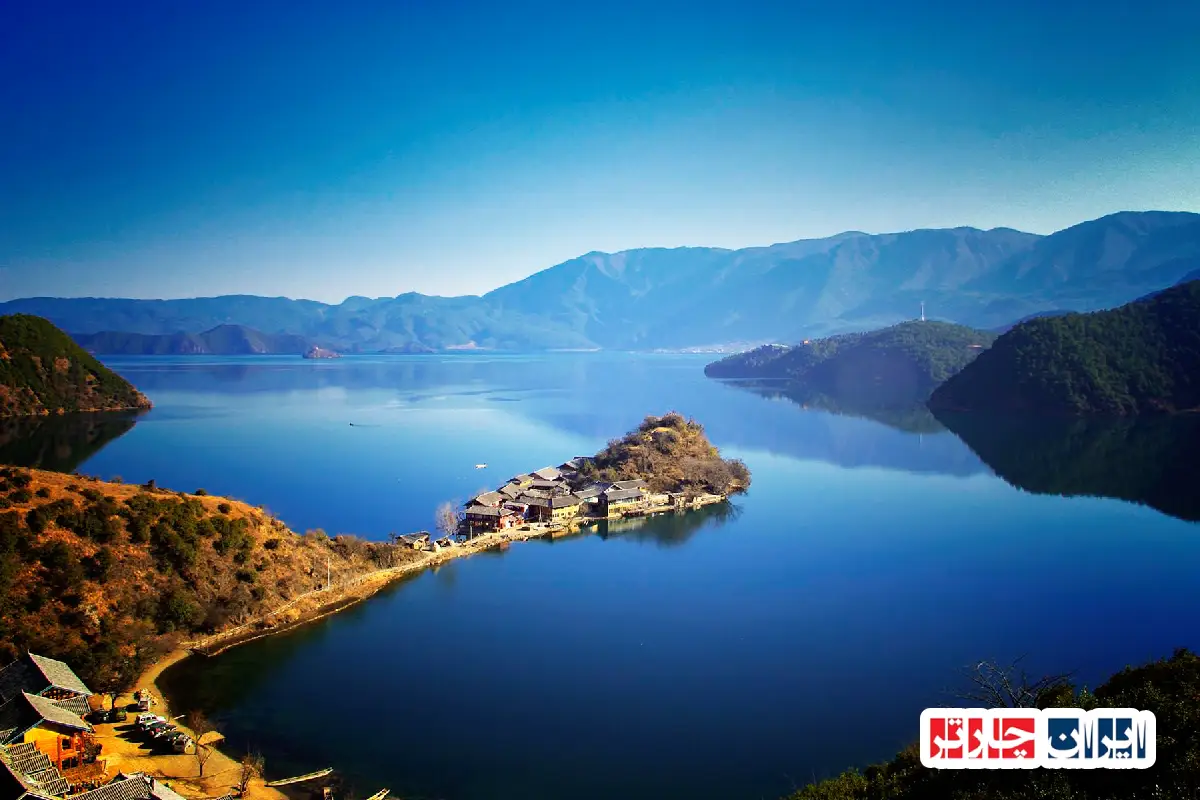
Frequently Asked Questions about Lugu Lake
What are the best seasons to visit Lugu Lake?
The best time to visit Lugu Lake is during spring and autumn, when the weather is mild and the natural scenery is beautiful, allowing you to avoid the crowds of summer and winter.
Are there accommodation options around Lugu Lake?
Yes, there are numerous hotels and guesthouses around the lake that provide suitable amenities for tourists.
What activities can be done around Lugu Lake?
Popular activities include exploring around the lake, boating, photographing natural landscapes, hiking on mountain trails, and visiting local villages.
Is Lugu Lake suitable for family travel?
Yes, the beautiful natural scenery and tranquil atmosphere of the lake make it very suitable for family trips and leisure activities.
Are there recreational facilities and restaurants around the lake?
Yes, there are local restaurants and cafes around the lake offering local and international cuisine, and various recreational facilities are available for tourists.
How can one get to Lugu Lake?
To reach the lake, you can use private cars or guided tours from nearby cities, which provide regular routes to the area.
Is it accessible during winter?
In winter, the lake might be frozen, offering different scenery, but it’s important to note that weather conditions and available facilities might be limited.
Are there hiking trails around the lake?
Yes, there are numerous hiking trails around the lake that offer opportunities to enjoy the natural scenery and take photos.
Are there water sports facilities in the area?
Yes, activities like boating and swimming are available during suitable seasons, but you should be fully aware of the facilities and conditions in the area.
Is the area suitable for photography?
Absolutely, the natural landscapes, clear water, surrounding mountains, and beautiful sunsets make this area one of the best places for photography.
Are local guides available in the area?
Yes, local guides and tour operators are active in the area, providing cultural and historical information to visitors.
Are public transportation options available in the area?
During some seasons, public transport and taxis are available for getting to and around the area, but it’s best to plan ahead before your trip.
What is the best time to visit in terms of weather?
Spring and autumn, with their colorful landscapes and mild weather, are the best seasons to visit, although summer and winter also have their unique beauties.
Are there accommodation options for large groups in the area?
Yes, there are several hotels and accommodations available for large groups and tour groups in the area.
Is camping allowed in the area?
Some designated areas allow camping, but local regulations must be followed, and you should bring appropriate equipment.

